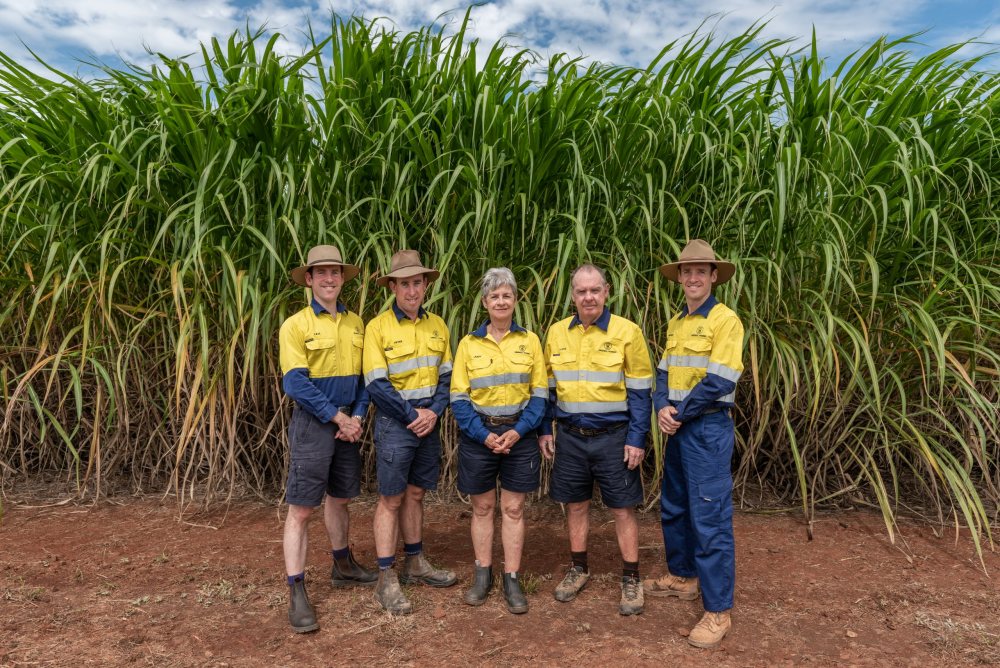
New York growth capital firm General Atlantic is expected to suffer a substantial loss with Greensill Capital, founded by Queenslander Lex Greensill, filing for insolvency in the UK.
Grant Thornton said in an 8 March statement that three members of its London restructuring team had been appointed as joint administrators of Greensill Capital (UK) Limited and Greensill Capital Management Company.
General Atlantic became the London-based corporate financier’s first institutional investor when it provided capital of $US250 million for a minority stake in 2018. That investment valued the business at $US1.6 billion.
General Atlantic said at the time that the investment fitted its strategy of placing bets on companies that use technology to try to disrupt the traditional financial system.
General Atlantic’s sources capital largely from ultra-high net worth families who seek to invest long term. The largest single investor group, however, is its own investment team.
Japan’s SoftBank Vision Fund invested $US1.5 billion in Greensill in 2019. On 3 March, Bloomberg reported that, late last year, SoftBank had substantially written down its valuation of the investment and had more recently considered reducing that valuation to close to zero.
Greensill, who comes from a Bundaberg sugar cane and melon farming family, started his career as a lawyer. Through legal work in Sydney in the early 2000s, he became involved with technology start-up companies. One of these was involved in supply-chain finance. Greensill’s farming background helped him recognise extensive potential for this sector. After moving to London, he started a supply chain finance operation for Morgan Stanley and later headed a regional supply chain finance operation for Citibank.
Greensill decided to start his own business after concluding that banks were not adequately exploiting the supply-chain finance opportunities provided by emerging technologies. He set up Greensill Capital in London in 2011.
The business offered finance to smaller businesses to cover the 30-day or more delays they typically experience on payments for the goods or services they provide to large businesses. Greensill paid the supplier most of the value of an invoice and then collected the full value from the customer.
Greensill later expanded into selling bonds comprising bundles of the invoices it purchased. The company then bought a German bank, that it renamed Greensill Bank, which set up supply-chain finance funds to help finance Greensill Capital’s operations. Other financial institutions also set up similar funds.
Greensill was pushed close to collapse following Credit Suisse Group suspending the advance of $US10 billion from supply-chain finance funds it manages to finance Greensill’s operations. Credit Susisse expressed doubts about valuations of some of Greensill’s holdings.
Meanwhile, the operations of Greensill Bank have been frozen by German banking regulator BaFin over concerns it has about the bank’s dealings with Sanjeev Gupta’s GFG Alliance Group, the owner of steel producers in various countries including the former Arrium operations in Whyalla, South Australia.
Faced with apparent imminent insolvency, Greensill Capital sought to negotiate a rescue deal with credit-focused New York-based alternative asset manager Apollo Global Management.
Caption: Lex Greensill, far left, on the family farm with brother Peter, mother Judy, father Lloyd and brother Andrew.
